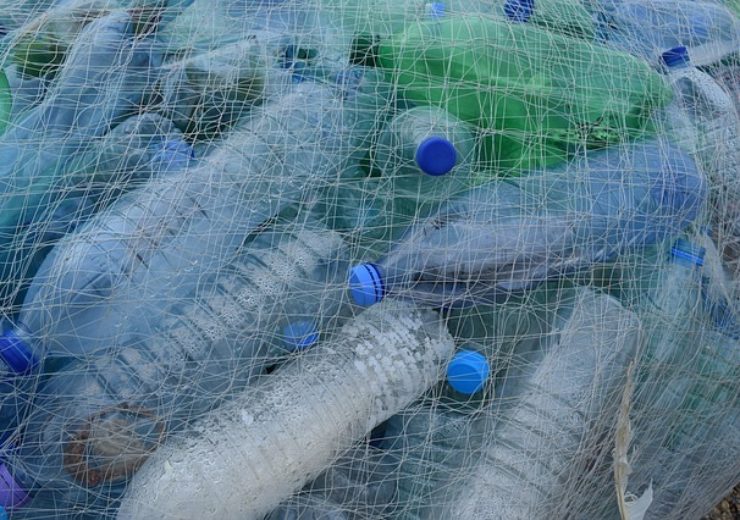The project will design a comprehensive CRS proposal for New Zealand to be presented to the Government by 2020

Image: New Zealand launches beverage container return scheme. Photo: courtesy of Matthew Gollop from Pixabay.
Work has begun to develop a beverage container return scheme for New Zealand announced Associate Minister for the Environment Eugenie Sage made at the WasteMINZ Conference in Hamilton today.
“Citizens, councils and stakeholders have been calling for a well-designed container return scheme to recover the millions of beverage containers used each year so they can be re-used and recycled. Today I’m pleased to announce that work is underway to design a fit-for-purpose scheme for New Zealand,” said Eugenie Sage.
“A container return scheme would change the way New Zealanders see beverage containers. They would again become something of value, and we would see increased recycling and new opportunities for refilling. When consumers recycle their drink bottles, they would get a deposit back, which incentivises higher recycling rates.”
“This is the latest step in the Government’s plan to recharge New Zealand’s recycling system.
“What we are announcing today is an agreement to start the investigation and design stage for a CRS – or container return scheme – learning from the best international models but designed to meet New Zealand’s geographic and societal needs.
“The Container Return Scheme (CRS) project will help New Zealanders to make a difference in reducing waste. A container return scheme would require beverage containers – such as plastic PET bottles – to carry a refundable deposit, for example 10 to 20 cents (or more). The deposit is redeemed when the container is returned to a collection depot or other drop-off point.”
An estimated two billion glass, plastic, aluminium, paperboard and other single use drink containers are consumed each year in New Zealand. While many containers are recovered and recycled, too many others end up in landfills, or as litter on streets and in streams, the beach and other public spaces.
“Overseas experience shows a refundable deposit puts the value back into recycling and results in a big increase in returned containers. A scheme could lift recovery and recycling rates for numbers of beverage containers in New Zealand from around 45 percent – 58 percent to 80 percent, or more.”
There are now at least 40 CRS schemes operating globally. Most Australian states have a CRS as do parts of Europe and the United States.
The Ministry for the Environment received a joint Waste Minimisation Fund application for the design and development of a national CRS from the Auckland Council and Marlborough District Council. The project will be supported by Government funding of nearly $1 million ($966,000) from the Waste Minimisation Fund.
The successful application will see the two councils work with the Ministry for the Environment and representatives from the beverage, packaging and recycling industries, councils, retailers, charitable organisations, Māori, consumer representatives, and product stewardship groups.
The project will design a comprehensive CRS proposal for New Zealand to be presented to the Government by August 2020.
“In developing New Zealand’s own CRS, the project will look at scheme design overseas, the latest technology, how to best encourage new innovation to optimise performance, opportunities to invest in manufacturing and regional development, alignment with Te Tiriti o Waitangi and Te Ao Māori and potential climate change benefits,” Eugenie Sage said.
In addition to minimising waste and increasing recycling, the project aims to:
make it easier and convenient to return containers anywhere in New Zealand
design a solution that is cost effective and efficient
improve the quality and marketability of recyclables .
create new opportunities for employment, community participation and fund-raising for charities.
One of the considerations in designing a CRS will be how it will affect existing kerbside collections. Kerbside collections would not disappear, but a scheme is expected to affect the types and amounts of recyclables collected.
“A well designed beverage container return scheme would be a win for consumers, the environment, councils, and recycling industries.”
Source: Company Press Release
